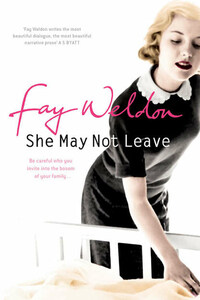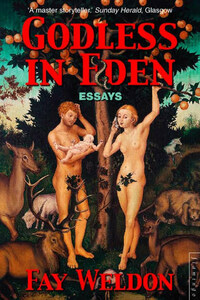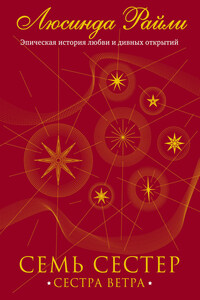‘Agnieszka?’ asks Martyn. ‘Isn’t that far too long a name? If she wants to get on in this country she’ll have to shorten it. People are just not familiar with sshzk.’
‘But she won’t want to shorten it,’ says Hattie. ‘People have their pride, and a loyalty to the parents who named them.’ ‘If we pay her,’ says Martyn, ‘she may have to do more or less as we ask.’
Martyn is in conversation with Hattie in their economical, comfortable first-time-buyers’ house in London’s Kentish Town. Both are in their early thirties, handsome, healthy and educated, and for reasons of principle not lack of affection are not married but partnered. Baby Kitty, twenty-four weeks old, sleeps in her cot in the bedroom: Martyn and Hattie fear that she may not sleep for long. Martyn is just back from work. Hattie is ironing: she is unused to the task, and making a rotten job of it but she is, as ever, doing her best.
Hattie is my grandchild. I spent many years bringing her up and I am fond of her.
They have been talking about the possibility of employing an au pair, Agnieszka, recommended by Babs, a colleague of Hattie’s at Dinton & Seltz, Literary Agents. Hattie took maternity leave: now she wants to return to work, but Martyn is resistant. Not that he says so, but Hattie can tell because of his feeling that the girl’s name is too long. About Agnieszka they know very little, except that she has worked for Babs’s sister, the one with triplets, and left with good references.
In the circles in which Martyn and Hattie move as many babies are implanted as conceived, and so do often arrive in twos or threes. Kitty was an accident which served, after initial confusion and dismay, to make her the more precious to her parents. Fate had intervened, they felt, for the good. Man proposes, God disposes, and for once the result was satisfactory.
‘I don’t think it would be right to ask her to change her name on our account,’ says Hattie. ‘She might be offended.’ ‘I am not sure,’ says Martyn, ‘that we should define right as what does not offend.’
‘I don’t see why not,’ says Hattie. Her brow darkens as she comes to grips with what Martyn has just said. Surely not offending other people has a large part to play in what is defined as ‘right’? But since Kitty’s birth she is less sure than before about what is right and what is wrong. Her moral confidence is being eroded.
She can see it is ‘wrong’ to jam a comforter in baby Kitty’s mouth to stop the crying, as poorly educated mothers from the housing estates do. ‘Right’ would be searching for the cause of the crying and attending to that. If this is the case she chooses wrong over right at least five times a day. She can see she is also guilty of élitism, in not wanting to be numbered as one of the estate mothers. The family income may be currently below the national average, but even so the notion of her own superiority increasingly flits across her mind. Does she not read books about child-care, instead of waiting two weeks for the health visitor to turn up? Surely she is someone who controls her own destiny? But she has been so a-mush lately, so driven by hormonally based emotions, so much a prey to unaccustomed resentments and gratifications that she swings from conviction to doubt within minutes. She did wake this morning, leaning over to the crib beside the marital bed to put the comforter in Kitty’s mouth, with the comforting understanding that people are as moral as they can afford to be, no more nor less. She should not blame herself too much.
‘Then you should see why not,’ says Martyn. ‘Social justice can’t be achieved by simply letting everyone do what they want. A fox-hunter might well be offended if you pointed out that he was a cruel sadistic brute, but that doesn’t mean you shouldn’t say it. We should all be working towards the greatest good of the greatest number and sometimes hard words and tough choices must be made.’














